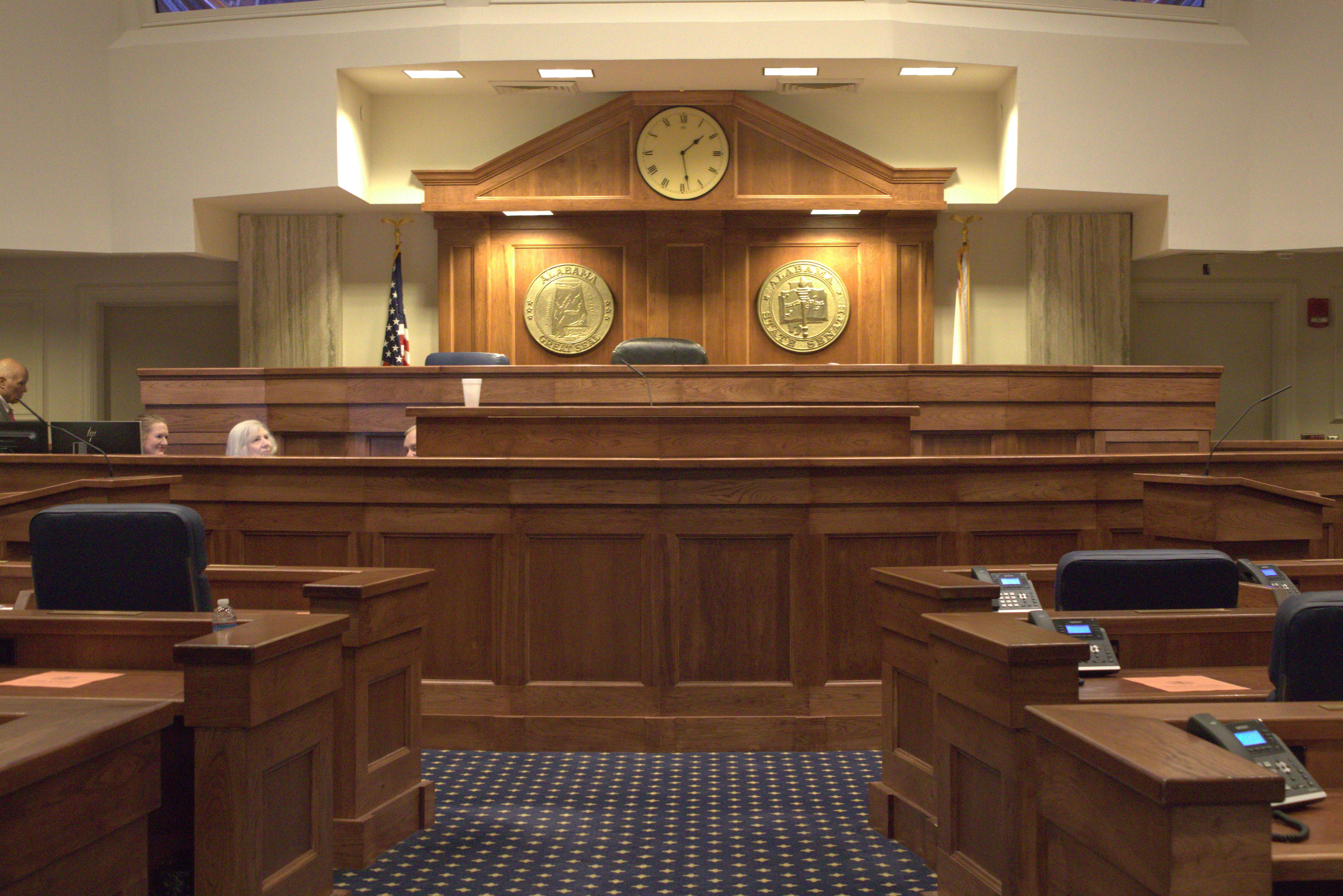The Alabama Legislature is expected to tackle the implementation of the Alabama Literacy Act in the coming days of the regular session.
As a whole, Alabama has one of the worst public education systems in the entire country, based on standardized testing. Alabama’s fourth-graders were the poorest performing fourth-graders tested in 2019 (pre-pandemic so all states participated fully). They were 46th in reading. To address those issues, at the urging of Gov. Kay Ivey's administration, the legislature passed the Alabama Literacy Act.
Studies show that a child that can read at a third-grade level by the end of the third grade generally has a good educational outcome. Children that cannot read at a third-grade level by the end of the third grade have dramatically lower educational outcomes than their peers, including a higher dropout rate and incarceration rate. They also do terribly on the standardized testing that states use to evaluate schools, which is given at the end of the fourth grade.
The Alabama Literacy Act instituted a number of educational strategies to improve the teaching of reading, to identify students not making adequate progress towards mastering reading, and if all of that happened, students who still could not read at grade level by the end of third grade would be forced to repeat third grade no matter what their grades were. Beginning in the 2021/2022 school year, those third-graders who failed to meet the state’s expectations would not advance to the fourth grade with their peers.
That was the plan. The legislature passed the plan and Ivey signed it. Then COVID-19 hit. All the students were sent home on or about March 12, 2020, including the then first-graders who are in the third grade now. These students had to take classes online for a large portion of the last two years. Many school systems spent much of the 2020/2021 school year online as staffing issues during COVID was problematic. Even if schools were open, many students were sent home for long periods of time because they had COVID-19 or had been exposed to COVID-19. Schools were plagued with temporary, and in some cases permanent, staffing shortages as teachers and staff were infected or exposed. Finding substitute teachers to this day has been a problem for many school administrators during the pandemic. Grand plans to have intense sessions with a reading specialist for the slow readers in many cases never materialized.
However, the law is the law and third-graders who are not competent readers by May of this year will find themselves back in third grade when school starts back in August.
State School Superintendent Eric Mackey told the legislature that in testing that was done at the end of 2021, 38% of Alabama third-graders were not reading at a third-grade level.
In the 2021 Alabama Regular Legislative Session, the legislature passed legislation to postpone the final implementation of the Alabama Literacy Act to give school systems, and thousands of third-graders more time. Ivey vetoed that legislation.
On Thursday, Senate Pro Tem. Greg Reed (R-Jasper) told reporters that the deadline will be extended but that legislators are not sure how long to postpone the full implementation of the Alabama Literacy Act.
“One year may not be long enough,” Reed told reporters. “Three years might be too long.”
Reed said legislators need more time to see what is working with the Alabama Literacy Act as well as where it can be improved.
State Sen. Rodger Smitherman (D-Birmingham) has sponsored SB78, which would postpone the implementation of the Alabama Literacy Act until the end of the 2025-2026 school year.
That bill is expected to be debated in the Senate Education Policy Committee next week.
Tuesday will be day 13 of the 2022 Alabama Regular Legislative Session.
To connect with the author of this story, or to comment, email brandon.moseley@1819News.com.










